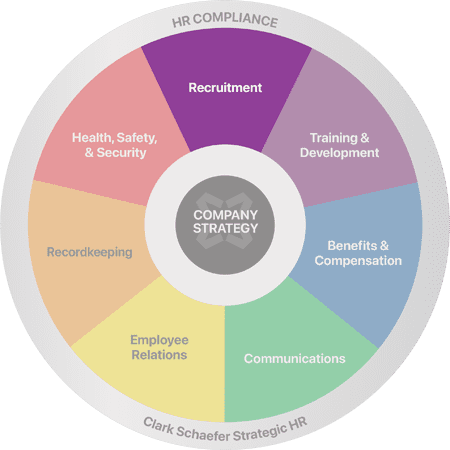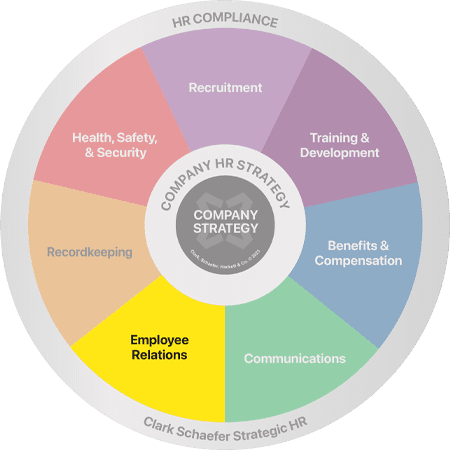Hiring Foreign Nationals
Question:
What should I know about hiring foreign nationals and how can I avoid discrimination claims in the hiring process?
Answer:
It is important for employers to understand the federal laws and regulations regarding immigration status and national origin discrimination. Discrimination may be happening without the employer even knowing, but guess what? It’s still illegal and employers who participate in discriminatory behavior can be required to pay civil penalties and also backpay to any injured parties.
So, how can this be avoided? The U.S. Department of Justice, Office of Special Counsel offers some scenarios in which employers have violated discrimination laws. Below are a couple of the major “don’ts” when it comes to hiring without discrimination.
- Do not request additional documentation from non-US citizens that are lawfully authorized to work in the US. If non-US citizens are legally allowed to work in the US and they have supplied appropriate documents such as valid driver’s license or unrestricted social security card, they do not need to provide any other additional documentation. They should be treated no differently than US citizens going through the same process.
- Do not reject work authorization documents from non-US citizens but accept the same documents from US citizens.
- Do not immediately rule out applicants that receive a Tentative Nonconfirmation (TNC) on E-Verify, as there could be many reasons why that notice was received.
- Do not use E-Verify on a selective basis to rule out “foreign” candidates.
- Do not reject applicants that “look or sound” foreign. If an employer is refusing to hire any applicants solely based on the fact that they look or appear foreign, this is an obvious violation of discrimination laws.
Recordkeeping can be a challenge, especially when there are files everywhere! Keeping a handle on what is where is vital to staying compliant with the law and out of hot water. Know what to keep, where to keep it and for how long with our handy-dandy Recordkeeping Desktop Reference. It’s affordable, downloadable for immediate use, and only from Strategic HR Visit our Desktop Reference page to get your copy today.





